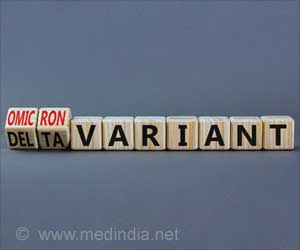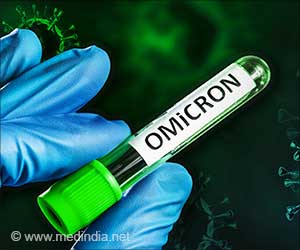
‘The vaccines manufactured by the AstraZeneca’s and Johnson & Johnson’s (J&J) are recombinant vector vaccines that differ in their molecule type from the first wave of mRNA-based COVID-19 vaccines from Pfizer/BioNTech and Moderna. Thus limited viral vector capacities are faced by AstraZeneca’s and Johnson & Johnson’s (J&J) latest wave of COVID-19 vaccines.’
Tweet it Now
Since the recombinant vector vaccines use an attenuated virus as a vector to introduce microbial DNA to cells of the body (DNA delivery), they will be forced to compete for the world’s limited virus production capacity with gene therapies and gene-modified cell therapies, both of which also use viral vectors. “Even before the approval of recombinant vector vaccines, the pharma industry was struggling to manufacture a sufficient viral vector to meet the needs of the handful of marketed gene therapies and a growing number of clinical trials. Manufacturing these viruses is a relatively lengthy manufacturing process that is burdensome in terms of equipment and staffing”, says Fiona Barry, Associate Editor, PharmSource at GlobalData.
The present market in the EU, Japan, the US, or the UK consists of 14 approved gene therapies and recombinant vector vaccines. Almost 3,000 gene therapy or recombinant vector vaccine pipeline products are in active development (between the Discovery and Pre-Registration stages) currently.
Gene therapies occupy a majority of the share, and fewer than 500 are recombinant vector vaccines. The capacity crunch is also noted to be further impacted upon by the clinical trials for these therapies. The shortage is addressed by the biopharma industry through expanding facilities and improving processes.
Source-Medindia














